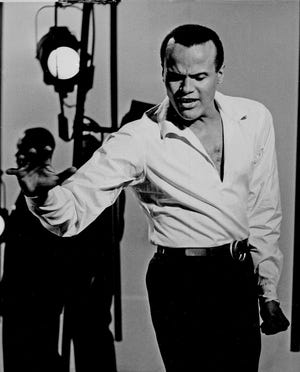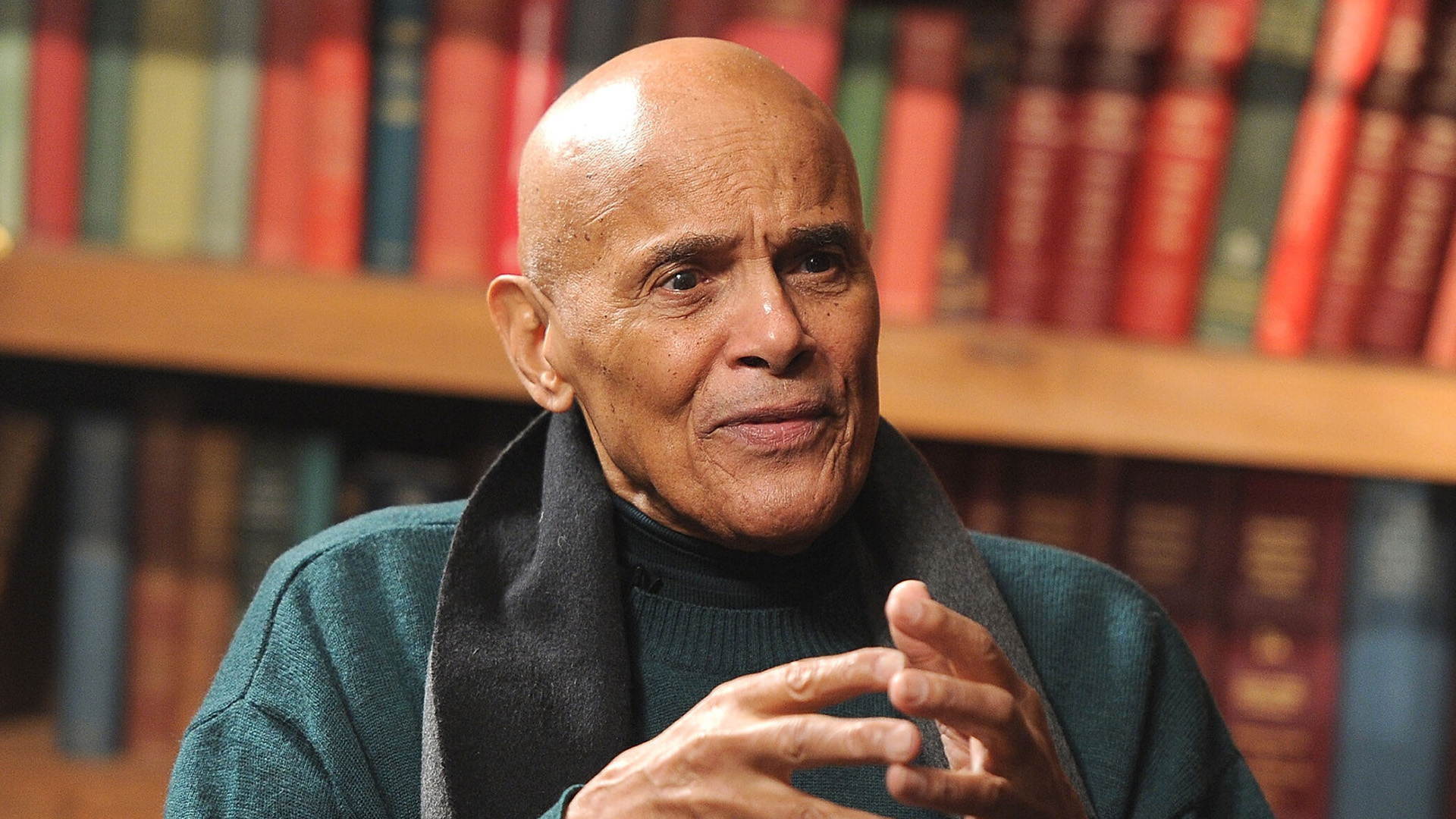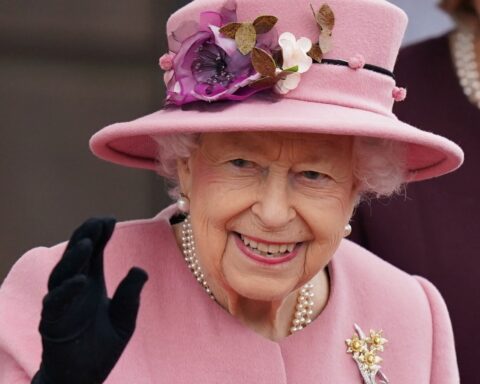By Maria Puente
Harry Belafonte, the “King of Calypso” who became one of America’s endearing and enduring civil rights activists into his 10th decade, has died. He was 96.
Belafonte died Tuesday at his home in New York of congestive heart failure, representative Paula Witt said in a statement Tuesday.
Belafonte will be remembered as one of the most popular entertainers of the 20th century, as a singer, musician and actor. But his civil rights work in the 1960s and his anti-apartheid work in the 1980s will be just as enduring.
“I wasn’t an artist who became an activist. I was an activist who became an artist,” Belafonte wrote in his 2011 memoir. “Ever since my mother had drummed it into me, I’d felt the need to fight injustice wherever I saw it, in whatever way I could.”
He did that in a characteristically idiosyncratic fashion, earning admiration for his humanitarian work to relieve hunger and fight cancer, and scorn for his vocal opposition to U.S. foreign policy and his friendship with Cuba’s Fidel Castro. His admiration for his mentor Paul Robeson (the African American concert artist and stage and film actor famous for his civil rights activism and smeared as a communist) also raised eyebrows.
Belafonte was born Harold George Bellanfanti Jr. in Harlem in 1927, the biracial son of biracial parents, both of whom were born in Jamaica. It made a difference to his musical influences and his later life as a social justice activist that he grew up shuttling between New York and Kingston, Jamaica, still struggling to overcome its colonial past, he said in his 2011 book, “My Song: A Memoir.”
Belafonte burst into the American consciousness thanks to a Jamaican folk song.
Harry Belafonte song ‘Day-O’ (‘The Banana Boat Song’) brought him to fame
No one who heard it in the mid-1950s could ever forget Belafonte’s warm, slightly husky voice on “The Banana Boat Song,” better known as “Day-O” for the opening lyrics of the Jamaican song he recorded in 1956 on his third record, “Calypso.” (Composer Irving Burgie, who co-wrote “Day-O” and eight of the 11 songs on “Calypso,” died Nov. 29 at the age of 95.)
“Day-O” was an instant hit and became Belafonte’s signature song. Suddenly, America was mad for the lilting, rhythmic sound of the Caribbean islands. In virtually every live performance, Belafonte’s audiences would enthusiastically join in the song’s call-and-response melody and refrain.
Even more impressive, “Day-O,” once sung by Jamaican banana workers, helped make “Calypso” the first album to sell more than 1 million copies. Not bad for an entertainer who started out as a club singer in New York to pay for his acting classes.
“I was good as a singer, but I wasn’t the best, and I’d known that from the start,” Belafonte wrote in “My Song.” “I had to rely on my acting. And in the end, I could make a case that I was the greatest actor in the world: I’d convinced everyone I could sing.”
Belafonte’s pop music-turned-folk music career was interrupted by his civil rights activism, but he was still recording as late as 2017 when he released “When Colors Come Together,” an anthology of some earlier recordings produced by his son David who wrote lyrics for an updated version of “Island In The Sun,” featuring Belafonte’s grandchildren Sarafina and Amadeus and a children’s choir.

“Now, let me say this about the songs of the Caribbean – almost all Black music is deeply rooted in metaphor,” he told NPR in a 2011 interview promoting his memoir. “The only way that we could speak to the pain and the anguish of our experiences was often through how we codified our stories in the songs that we sang.




